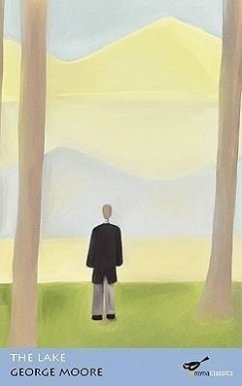Set in the author's native Ireland, this poignant and poetic novel (first published in 1905) delves deeply into one man's troubled soul. On the outside Father Oliver seems to lead a peaceful existence. But since the disappearance of Nora Glynn, the former schoolmistress, his inner world has been in turmoil. Not knowing what has happened to her, and unable to stop blaming himself, he spends his days avoiding his parishioners and taking long, lonely walks by the lake. Until one day a letter arrives, a correspondence begins, and Father Oliver is forced to reassess his life, his faith and, perhaps most importantly of all, his future...
Bitte wählen Sie Ihr Anliegen aus.
Rechnungen
Retourenschein anfordern
Bestellstatus
Storno








